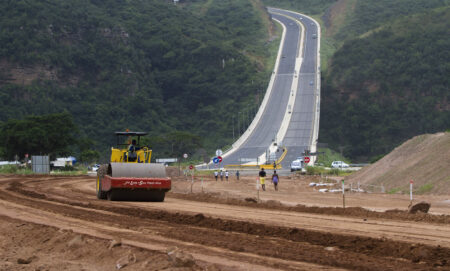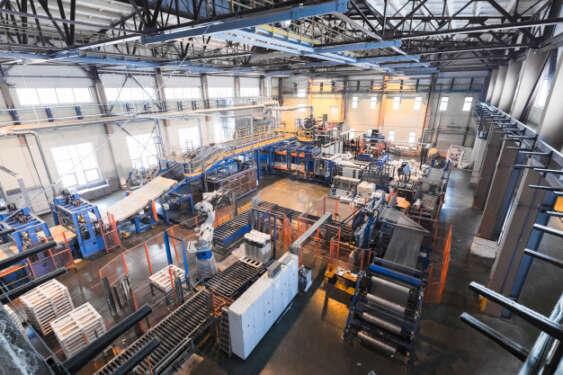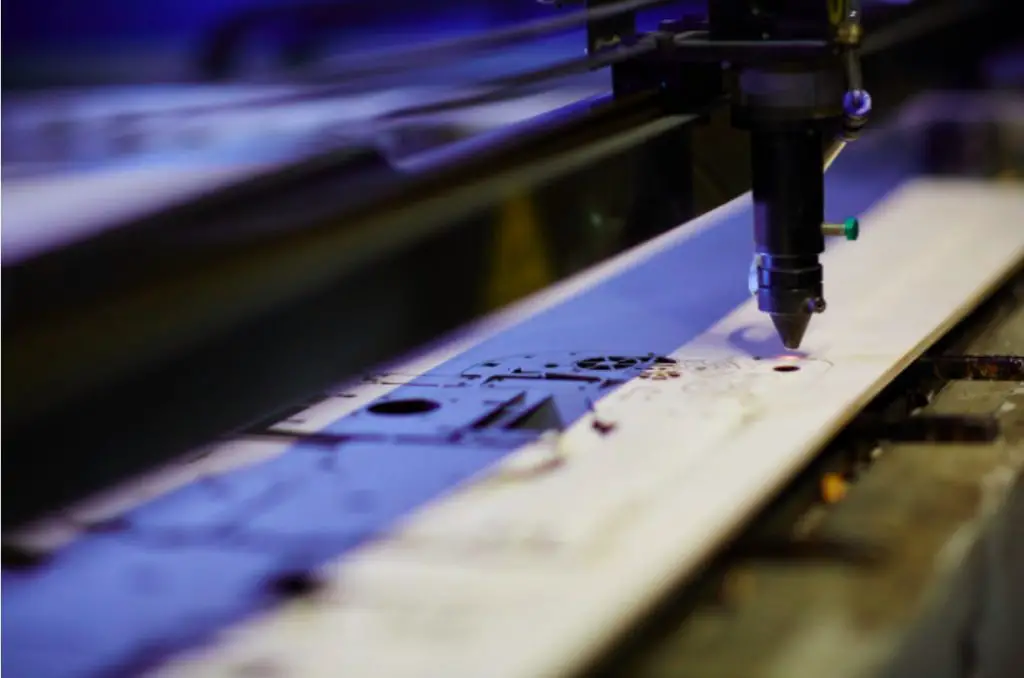- Kenya, Tanzania braces for torrential floods as Cyclone Hidaya approaches
- EAC monetary affairs committee to discuss single currency progress in Juba talks
- Transport and food prices drive down Kenya’s inflation to 5% in April
- Payment for ransomware attacks increase by 500 per cent in one year
- History beckons as push for Kenya’s President Ruto to address US Congress gathers pace
- IMF’s Sub-Saharan Africa economic forecast shows 1.2 percent GDP growth
- The US Congress proposes extending Agoa to 2041, covering all African countries
- Millions at risk of famine as fuel tax row halts UN aid operations in South Sudan
Browsing: Manufacturing in Africa
The United Nations Conference on Trade and Development (UNCTAD) has stated that inadequate infrastructure investment in African countries hinders the continent from securing a more advantageous position as a global supply chain destination.
The organization highlights, among other points, in its annual 2023 Africa economic development report, the need to prioritize certain aspects to strengthen Africa’s role in the supply chain, recognizing its potential to become a key player in the global supply market.…
- African countries are important producers of initial inputs but do not participate much in intermediary steps required to produce the final product.
- Fortunately, AI (Artificial Intelligence) can offer solutions across these areas by helping improve operational efficiency by automating mundane tasks.
- Africa’s manufacturing sector contributes significantly to the continent’s economy, providing employment, generating income, and driving development.
Africa is a continent with an abundance of natural resources and potential for economic growth, yet its manufacturing value chain is still lagging behind other regions in the world. With limited access to capital, technology, and skilled labor, African countries are struggling to keep up with the global competition. In recent years there has been increased focus on how Artificial Intelligence (AI) can help bridge this gap by providing new opportunities for Africa’s manufacturing sector.
The first step towards leveraging AI in Africa’s manufacturing industry lies in understanding the gaps that need to …
From cement to food and beverages to metal production and processing, manufacturing organisations are looking for sustainable energy solutions to help them refine their costs and efficiencies so they can better compete on the local and global stages. Energy provision is now being pulled from mini-grid installations, solar plants, gas plants, wind energy, and rental. The latter becoming increasingly popular as organisations recognise the value of a trusted third-party service provider over having to manage, maintain and install their energy solutions on their own.
Using a supplier that provides the right technologies to remote, rural and high-demand environments allows for the organisation to enhance power production while minimising the administration and cost impact. Leveraging energy-efficient, environmentally friendly and sustainable systems that bypass reliance on diesel and instead introduce hybrid offerings that combine gas, LNG, solar, and diesel means that companies can build stable and reliable energy platforms that not only …
- Varun Beverages has become one of the country’s biggest beverage firms in Zimbabwe
- Delta has had a firm grip on the Zimbabwean drinks market and is home to international brands of soft drinks and beers
- Varun is on an aggressive urban assault to capture more market share and challenge the drinks giant.
Varun Beverages has become one of the country’s bigger soft drinks firms in Zimbabwe within a relatively short period.
Bottlers of Pepsi, 7up and Mirinda brands, Varun has established itself as one of the soft drinks companies to reckon with in the soft drinks market.
This is an impressive achievement given it is going toe-to-toe with long-established Delta, Zimbabwe’s most prominent beverage firm with big brands such as Coca-Cola, Fanta and Sprite.
Since the colonial era, Delta has had a firm grip on the Zimbabwean drinks market and is home to international brands of soft …
The Kenya Association of Manufacturers urged the government of Kenya to urgently address the way to economic recovery following the immense effects of the pandemic.
This was said during the launch of the Kenya Association of Manufacturers (KAM) 2021 Manufacturing Priority Agenda (MPA), themed “From surviving COVID-19 to thriving: Manufacturing sector rebound for the sustained job and investment growth”.
Speaking during the Agenda launch, Mr Mucai Kunyiha, the KAM chair said that the economic recovery highly depends on the goodwill and full commitment from the government.
He explained that “Efforts to enhance our productivity are hampered by the increasing cost of doing business and low competitiveness. Some of the issues that contribute to this are regulatory overreach high cost of energy, transport, and logistics costs. To resolve these headwinds, it is paramount that the government and its agencies strongly commit and demonstrate goodwill to securing the future of our country’s …
While China is not investing much in Africa’s manufacturing, there is a lot that is happening to boost the sector, an indirect benefit of its presence on the continent.
After surpassing the US in 2009, China became Africa’s largest trading partner. The Asian giant’s hegemony over the continent has ruffled feathers globally as hitherto allies and financial muscles become decrepit, unable to keep the investment pace by the Chinese.
For perspective, China’s trade with Africa has exploded. From trade worth US$10 billion in 2000, the Chinese are now controlling an estimated US$208 billion, up from US$155 billion in 2017 according to the UN Comtrade.
Read: U.S. Beware: China is ahead of the game
The South China Morning Post reported in January that China’s trade with Africa grew 2.2 per cent to hit the US$208 billion mark.
Prior to this, and …









